
Why don’t we ever talk about taking over social media companies? We will boycott them, demand transparency measures, and even build entire alternative networks based on volunteer labor but no one ever seems to consider taking all the servers and data sets away from the Mark Zuckerbergs of the world and putting it all in the hands of the users. Even if a company was doing a bang-up job making their products easier to use, freer from harassment, and more productive in creating a better society, there’s still something fundamentally creepy about users having no democratic control over such an important aspect of their lives. Why is there no insistence that such important technologies have democratic accountability? Why are we so reticent to demand direct control over the digital aspects of our lives? more...

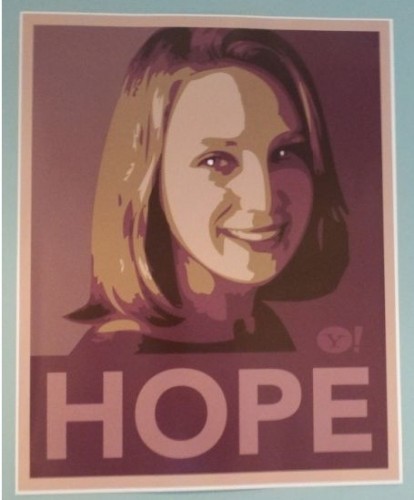
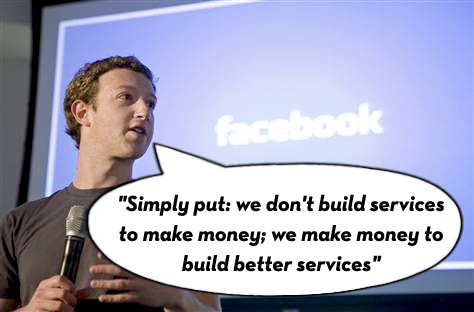

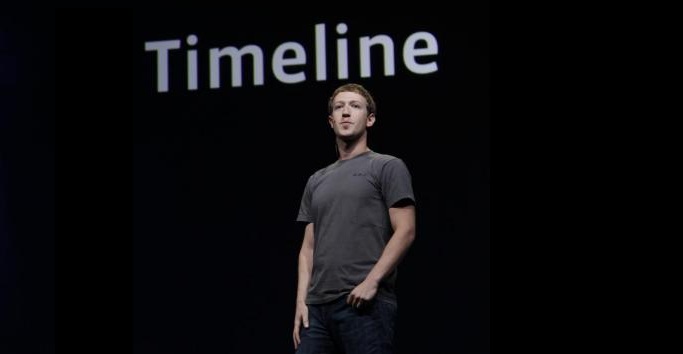
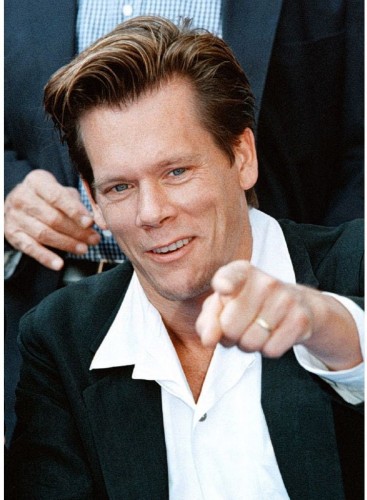
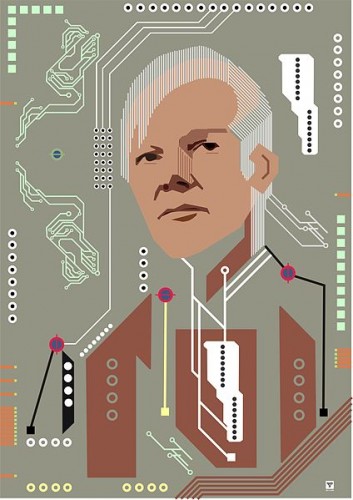
 Cyborgology editors Nathan Jurgenson and PJ Rey discuss their take on WikiLeaks, net neutrality, and other issue surrounding the free flow of information on the Internet. The
Cyborgology editors Nathan Jurgenson and PJ Rey discuss their take on WikiLeaks, net neutrality, and other issue surrounding the free flow of information on the Internet. The 